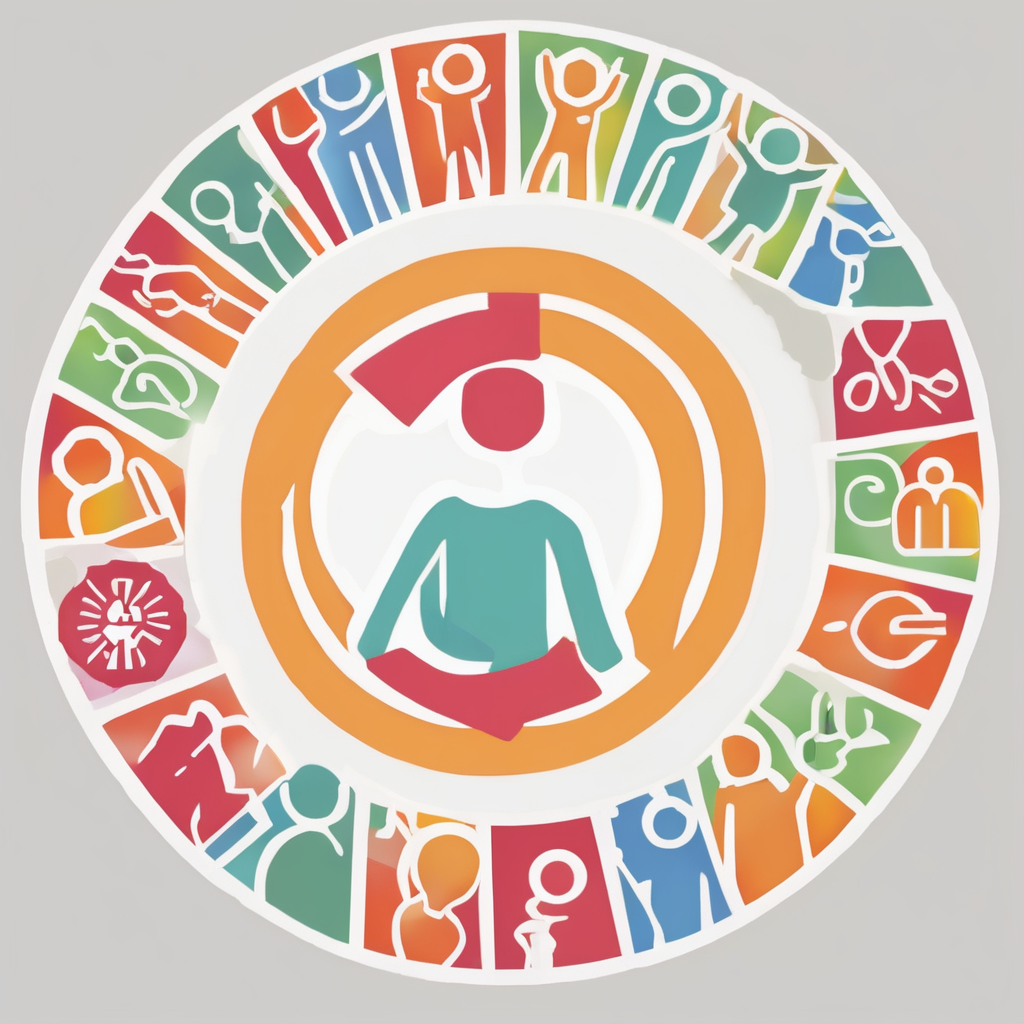The Role of Dietitians in Oncology
Dietitians in cancer care play a pivotal role in providing personalized nutrition strategies essential for patient welfare. They are vital in developing individualized nutritional management in oncology, addressing unique needs and challenges faced by cancer patients. Customizing diets ensures nutritional support adapted to each patient’s situation, aiding recovery and improving quality of life.
Their responsibilities extend beyond simple meal planning. Dietitians assess nutritional deficiencies, recommend supplements if necessary, and monitor changes in appetite or weight. This thorough assessment allows dietitians to devise optimal dietary recommendations that cater to the specific requirements of oncology patients.
In the same genre : Transforming Orthodontic Practices: A UK Guide to Mastering 3D Printing for Aligner Creation
Furthermore, dietitian interventions have a significant impact on patient outcomes. By managing side effects like nausea and appetite changes, they help maintain nutritional balance, essential for supporting immune function and enhancing overall treatment efficacy. The role of dietitians in oncology is underscored by the evidence of improved survival rates and quality of life, demonstrating their integral position within cancer care teams.
Incorporating dietitians early in the cancer treatment process fosters a more holistic approach to patient care, emphasizing the importance of nutrition in overall recovery and well-being.
Also to read : Transforming Stroke Rehabilitation: UK Physiotherapists Harness Virtual Reality to Boost Patient Recovery
Specific Dietary Recommendations for Cancer Patients
Addressing the unique nutritional needs of cancer patients is crucial for optimal oncology nutrition. It involves adhering to specific cancer nutrition guidelines that focus on macronutrients, micronutrients, and hydration.
Macronutrient Needs
Cancer patients often require a tailored balance of macronutrients. The ideal ratio varies, depending on factors such as the cancer type and treatment stage. Typically, a balanced intake of proteins, carbohydrates, and fats supports recovery and maintains energy levels. Protein is paramount for tissue repair and immune function, while carbohydrates provide a valuable energy source.
Micronutrient Considerations
Micronutrients play a pivotal role in supporting the immune system and aiding recovery. Key vitamins and minerals, such as Vitamin D, Selenium, and Zinc, are essential. Incorporating a diverse range of fruits and vegetables ensures these nutrients are adequately supplied, promoting overall health and enhancing the body’s resilience against treatment side effects.
Hydration Importance
Keeping hydrated is essential for managing side effects like nausea and fatigue. Cancer patients should consume adequate fluids to assist bodily functions and treatment efficacy. Simple strategies, like regular sips of water or hydrating foods such as soups and broths, can significantly contribute to maintaining hydration levels.
Case Studies and Testimonials
Real-life examples illustrate the powerful impact of dietitian-led nutrition plans in oncology. Success stories highlight how dietitian interventions have led to improved patient outcomes. One notable case demonstrates a patient’s enhanced well-being following a customised dietary intervention, tailored to manage side effects of chemotherapy. This approach, exemplifying oncology dietitian case studies, underscores personalized strategies that effectively address individual nutritional needs.
Testimonials from patients reveal the tangible benefits of tailored nutrition. Patients often report feeling more energetic and experiencing fewer treatment side effects, highlighting the positive role these interventions play in daily life. By adhering to carefully crafted nutrition plans, many have achieved better treatment outcomes, reflecting the significant impact on recovery processes and quality of life.
These positive outcomes are not isolated instances but a testament to the holistic benefits of personalized nutritional care. They demonstrate that dietitian-led plans aren’t just supplements to medical treatment but integral components of comprehensive cancer care, enhancing overall patient strength and treatment efficacy. Such patient testimonials serve as compelling evidence of the role of dietitians in improving cancer patients’ health trajectories.
Importance of Nutrition in Cancer Treatment
The link between nutrition and cancer treatment is profound. Correct nutrition optimises treatment efficacy, enhancing the body’s capacity to endure and respond to therapies. High-quality nutrition supports the immune system, supports healthy tissue maintenance, and can improve patients’ physical resilience.
A balanced diet holds significant value in managing treatment side effects. Chemotherapy, radiation, and surgery can lead to symptoms like weakness or nausea. Tailored dietary strategies mitigate these effects. For instance, incorporating nutrient-dense foods can combat fatigue by providing essential energy.
Substantial evidence backs nutritional interventions in cancer care. Studies show improved recovery rates when patients adhere to dietary plans adapted to their specific needs. This includes ensuring adequate intake of vital nutrients that fortify the patient’s body against treatment rigours. Improved nutrition often leads to fewer complications and enhanced overall treatment outcomes.
Incorporating dietary changes early in treatment enhances patient outcomes and fosters long-term health. Emphasising nutrition as a core component of cancer care not only supports recovery but also empowers patients by actively involving them in their treatment journey. Thus, integrating well-rounded nutrition is crucial in fostering more effective cancer therapies.
Collaborations Between Dietitians and Healthcare Teams
Dietitians are an integral part of the interdisciplinary collaboration in oncology, working closely with healthcare teams to optimise patient care. Their unique expertise in nutrition complements the roles of doctors, nurses, and other oncology specialists, ensuring that the nutritional needs of cancer patients are addressed efficiently. By engaging in dietitian partnerships, these professionals contribute to comprehensive treatment plans that enhance patient outcomes.
In practice, effective healthcare team dynamics involve regular communication and joint decision-making. This collaborative approach allows dietitians to provide personalised dietary recommendations that align with the overall treatment objectives set by the healthcare team. When dietitians collaborate effectively, patients benefit from a more cohesive care experience, highlighting the value of integrated care.
Case examples illustrate the success of these partnerships. For instance, dietitians and oncologists closely monitor and adjust a patient’s nutritional plan based on treatment progress and side effects. Such teamwork not only supports improved recovery rates but also promotes a stronger therapeutic alliance between patients and their care providers. Ultimately, fostering effective collaboration enhances patient health outcomes and paves the way for more holistic cancer care approaches.

